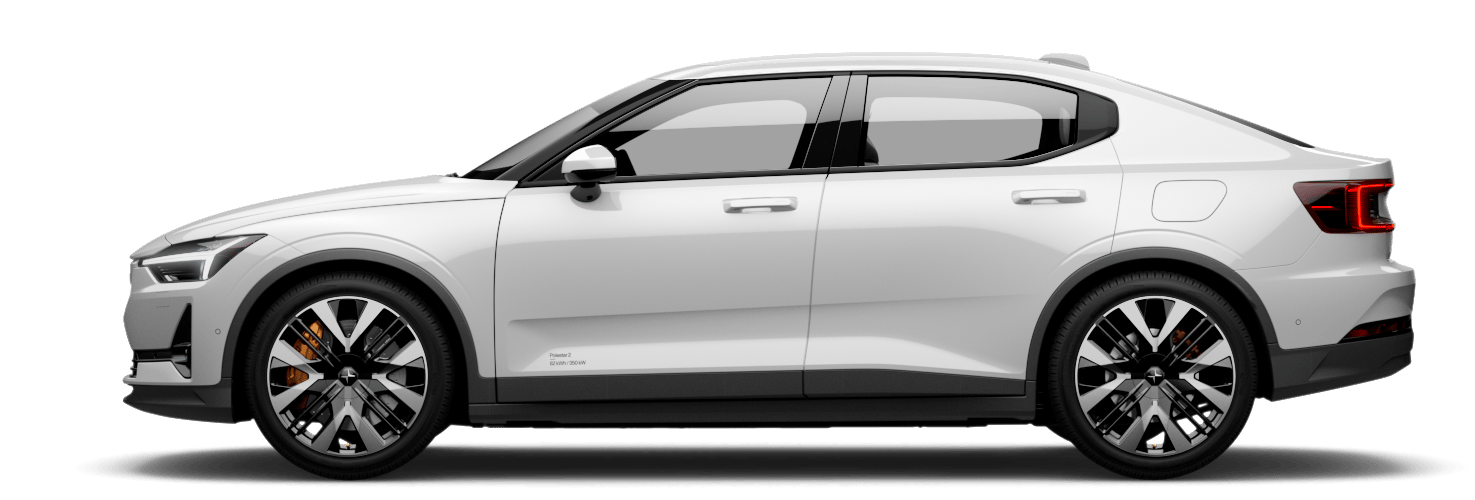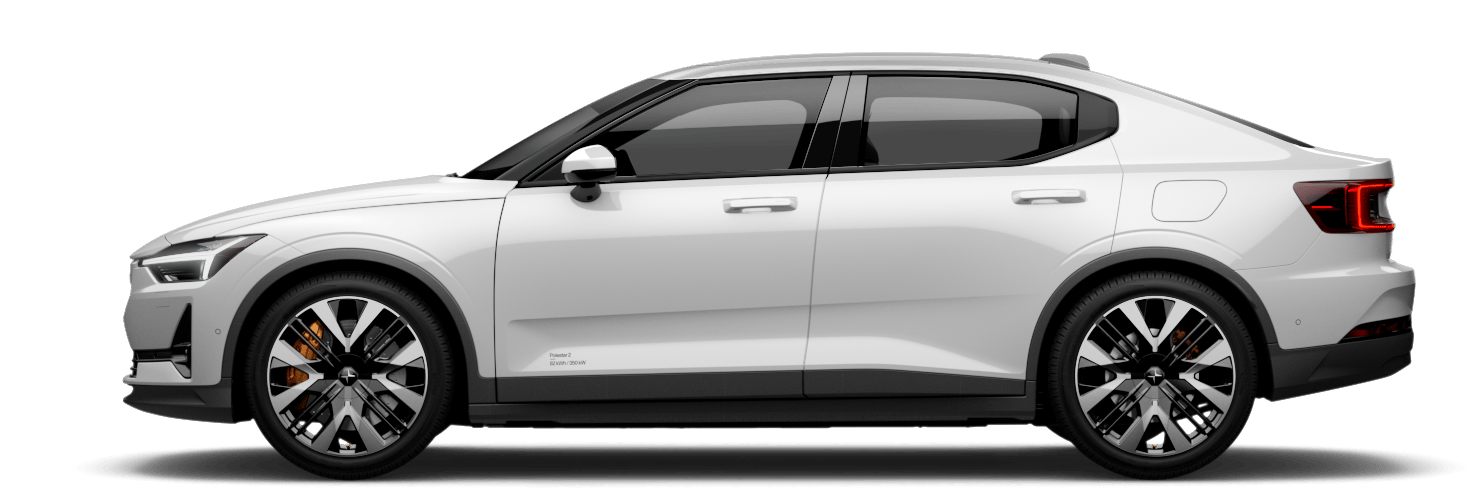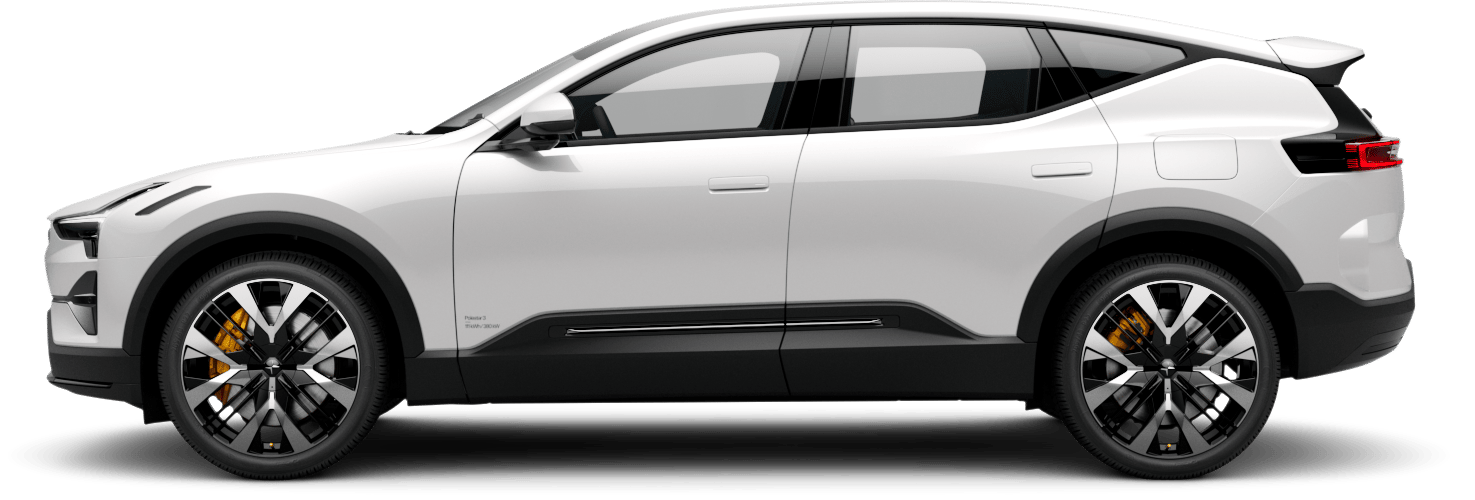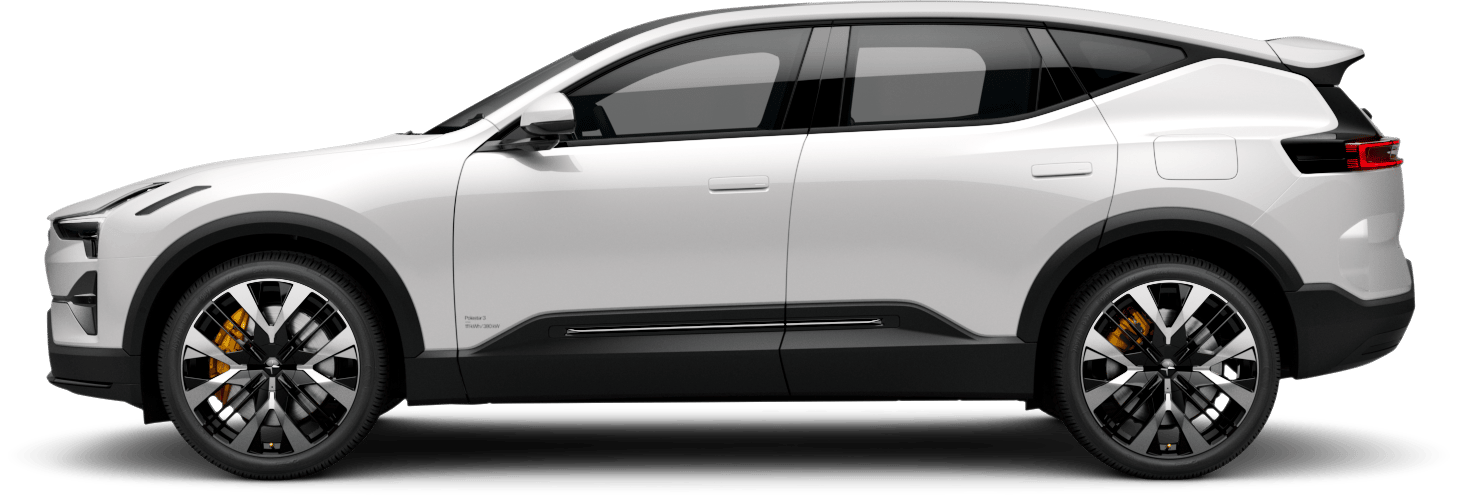EVs on the sea: Polestar and Candela
Electric propulsion is by no means relegated to cars.

Marrying our efficient hydrofoil technology to Polestar’s cutting-edge batteries means we together can speed up the mass market adoption of electric boats.
Of course, as such a colossal piece of the mobility puzzle, cars rightfully occupy much of the limelight when speaking of electric vehicles. The advantages, from environmental to technological, are well-known and often touted (guilty as charged). There’s an entire segment, however, that’s regularly overlooked in the EV conversation. One that has an enormous impact on our planet, and accordingly, equally enormous potential for electrification.
Boats.
The push for greater electrification within the world of watercraft is ongoing, though it has yet to gain the momentum of the automotive industry’s shift. What will turn the tides (yep) are technological and design breakthroughs, those that make electric boating the obvious and desirable choice when it comes to aquatic mobility.
Which is where Candela comes in.
Founded in Stockholm in 2014, the electric boat manufacturer is “pushing the boundaries of what electric boats and ships can do”, with their C-8 model becoming the best-selling electric boat in Europe. Candela’s particular alchemy is a combination of aviation-inspired hydrofoil technology and advanced flight control computers.
The C-FOIL system enables Candela’s boats to reach a speed of 30 knots in absolute silence, leaving no pollution, wake, noise, or trace behind.
The carbon fibre hydrofoils of Candela’s boats generate enough lift at high speeds to raise the hull above the water. Once flying, the boat is balanced in real time by its flight controller, a computer that accounts for side winds, different loads, and waves. This system not only makes for a very smooth ride, but also enables the Candela C-8 to use 80% less energy than comparable boats at high speeds. It also makes C8 the first electric powerboat that can rival ICE boats in terms of range and speed.
Candela’s engineers, obsessed with efficiency (another similarity between the brands), also designed the Candela C-POD, the most energy-dense boat motor ever created. Despite being only 10 cm in diameter, it provides 23% more range than other electric outboards due to very low drag. And in addition to the technical innovations, they’ll go 3000 hours of use without service, echoing one of the most alluring aspects of electric powertrains: no oil, and fewer moving parts, meaning less maintenance.
And the batteries that will soon power this ground-breaking technology? Supplied by Polestar.






01/03
As part of the multi-year agreement, Polestar will supply Candela with regular batches of battery and charging systems. The sale is the start of a broader partnership between Polestar and Candela, with both companies exploring opportunities for future collaboration.
“I am fascinated by way Candela’s boats glide elegantly and efficient through, or better, over the water – amazing proof of the great aesthetics and experiences modern, sustainable technology can create. That Polestar will be part of future projects with Candela, by supplying an essential part for the innovative propulsion of their boats, is awesome. As a battery supplier to Candela, we can help drive the transition to cleaner oceans and lakes, and electrify waterborne transport,” says Polestar CEO Thomas Ingenlath.
The collaboration is a natural one in multiple ways. Both are design-led businesses striving to break free from the traditions of their respective industries. Both have a disdain for shortcuts and a refusal to compromise. And both believe wholeheartedly in a sustainable, electric future for mobility.
“Marrying Candela’s hydrofoil technology to industry-leading batteries from Polestar means we can speed up the mass market adoption of electric boats,“ says Candela CEO Gustav Hasselskog. “While electrification of cars has come a long way in the last few years, the marine sector has been lagging behind. Together with Polestar, I believe we can change that.”
What can be seen in this partnership is a broadening of scope. And electric mobility is no longer thought of as just pertaining to cars.









